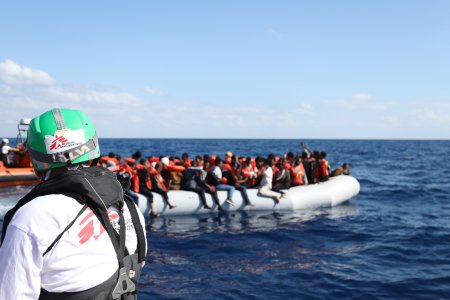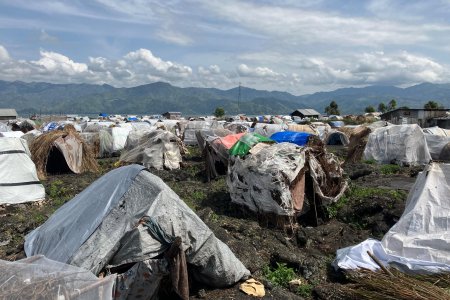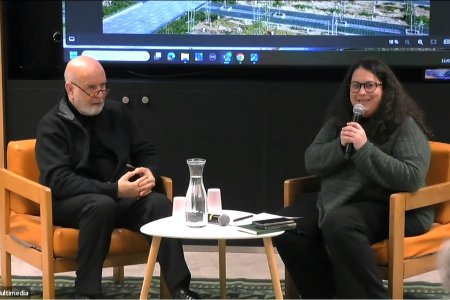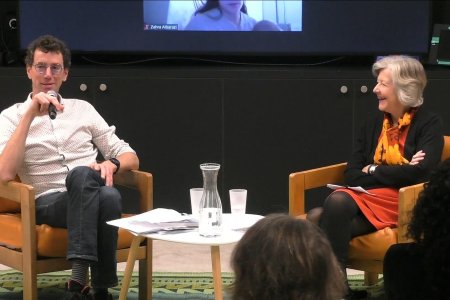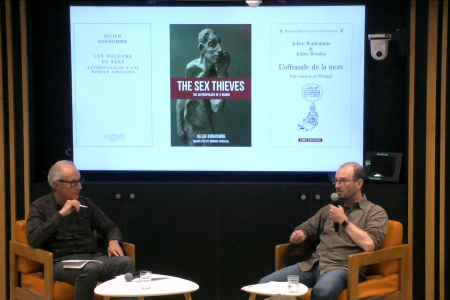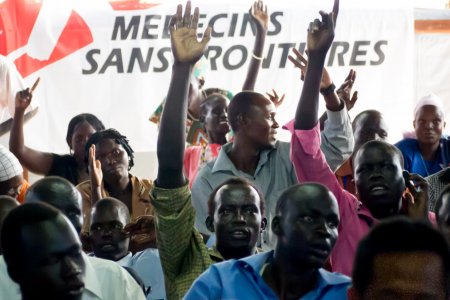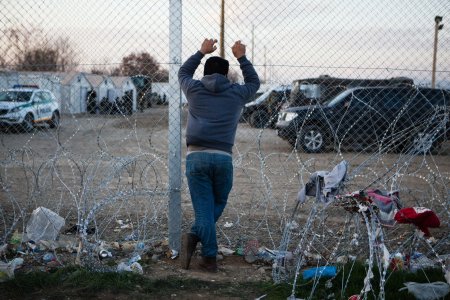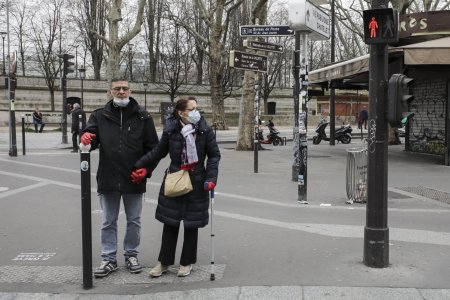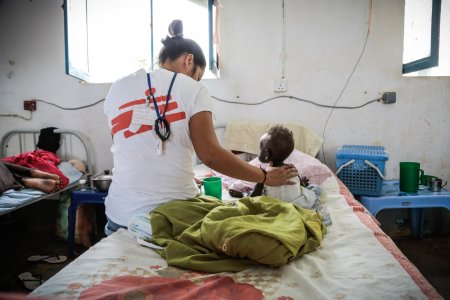With the cold war over, refugees have lost their status as an instrument of western soft power, whereas with the economic crisis and terrorism, hostility towards migrants is increasing. Prevailing representations of migration movements are convincing a growing proportion of the European population that migrants are a threat and refugees a burden. This file contains a collection of publications (articles, opinion columns, blog articles, press releases, CRASH papers) from 1990 to date, focusing on two themes : 1° the dichotomy between hospitality policy and migration policy, 2° camps approached from a number of different angles.
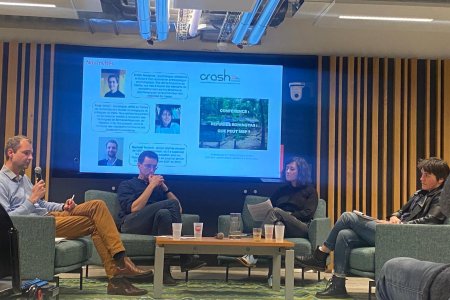 Conference
Conference



